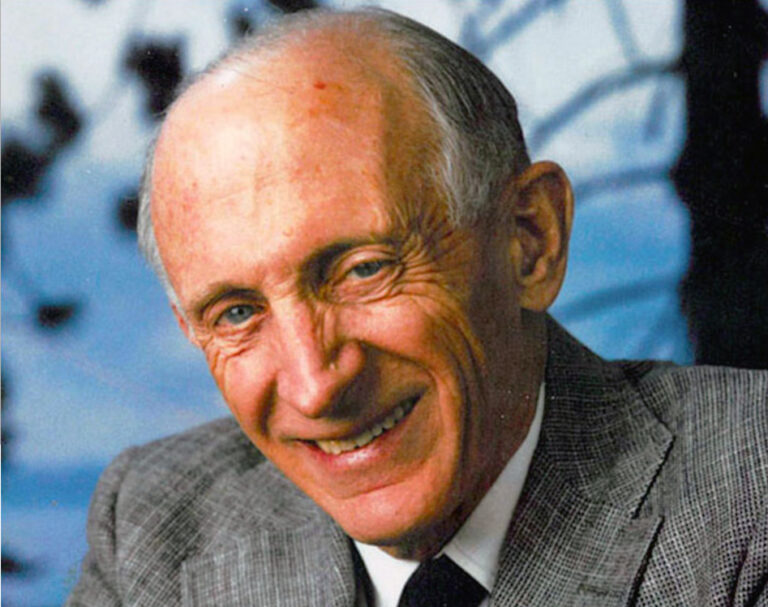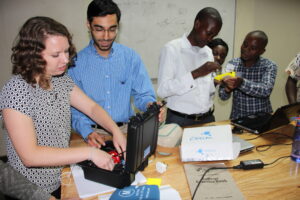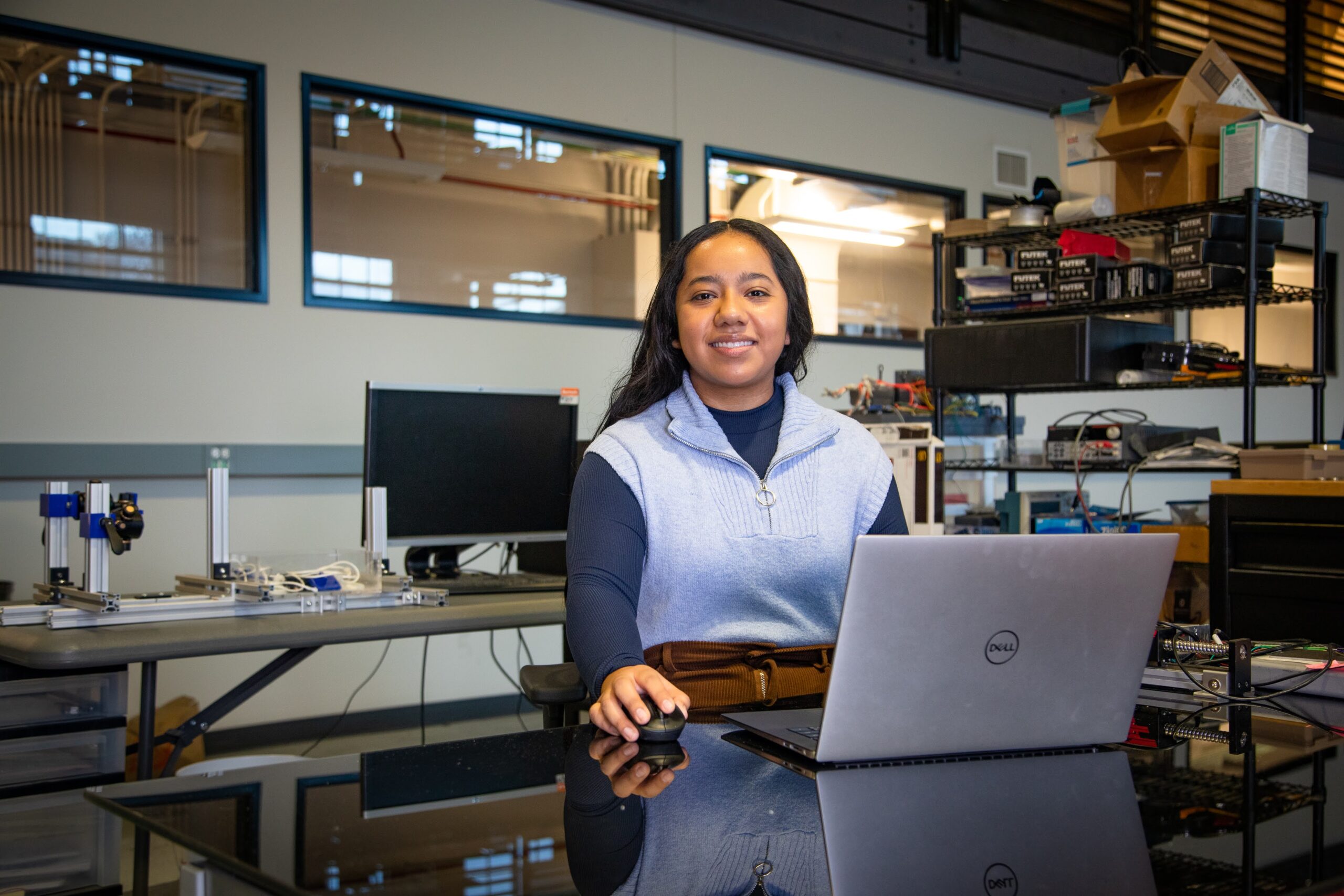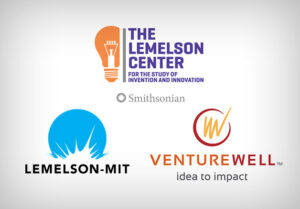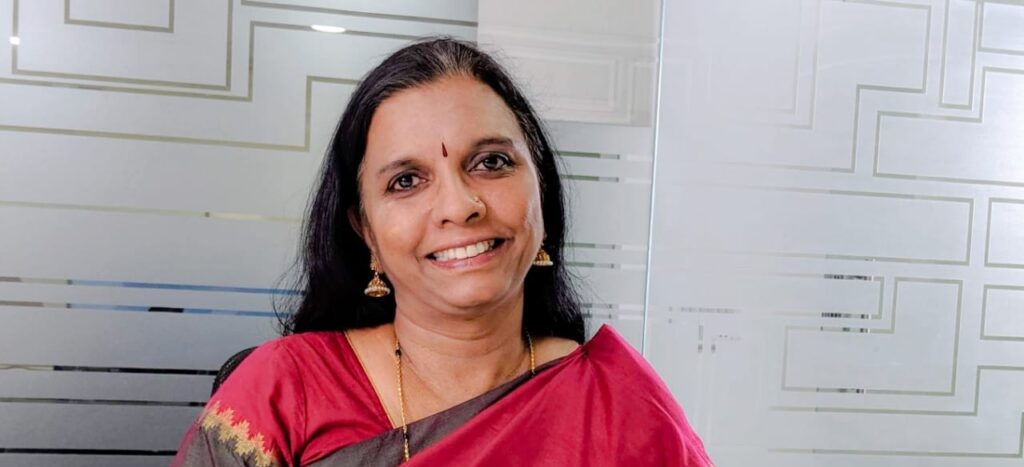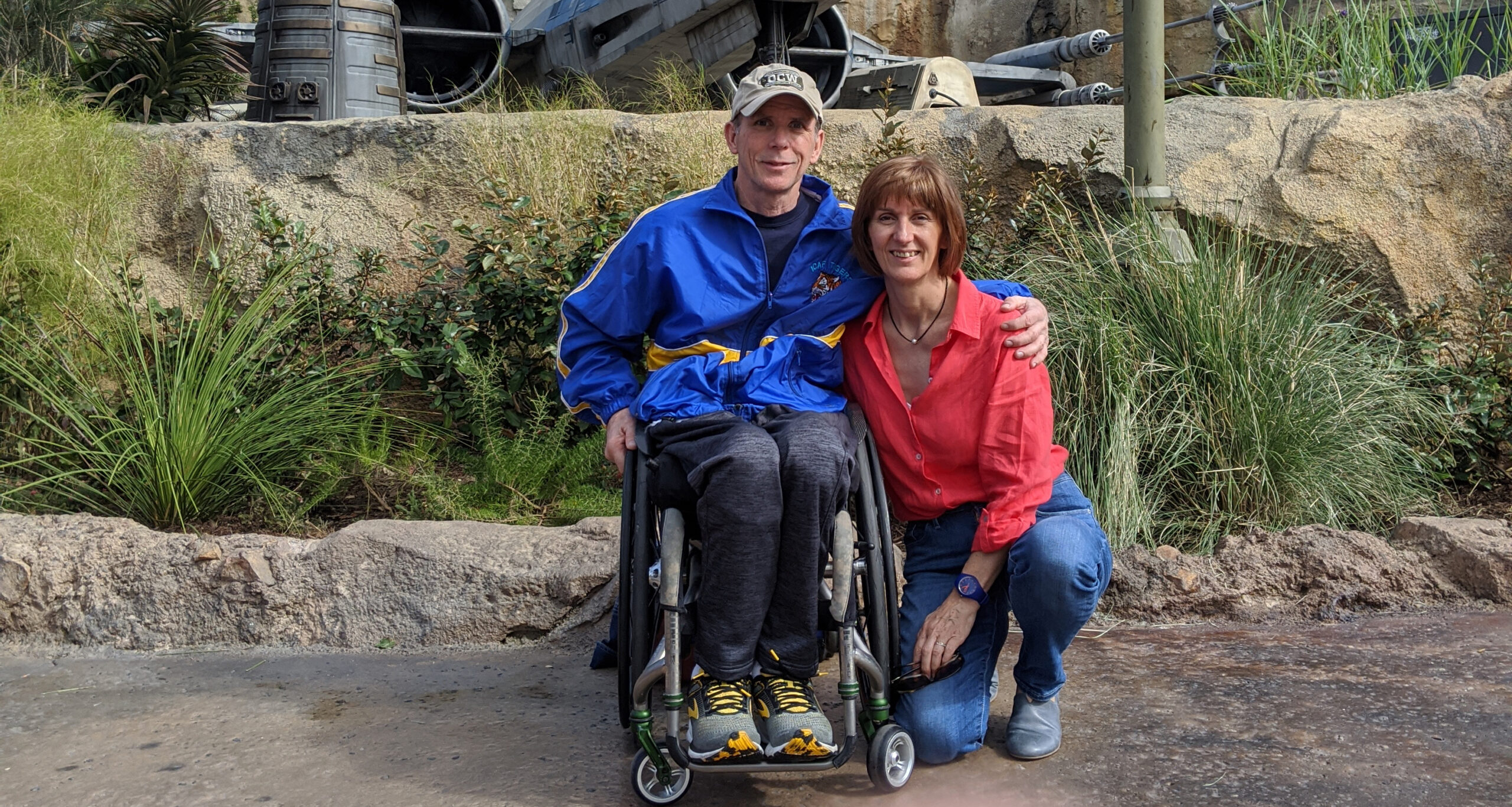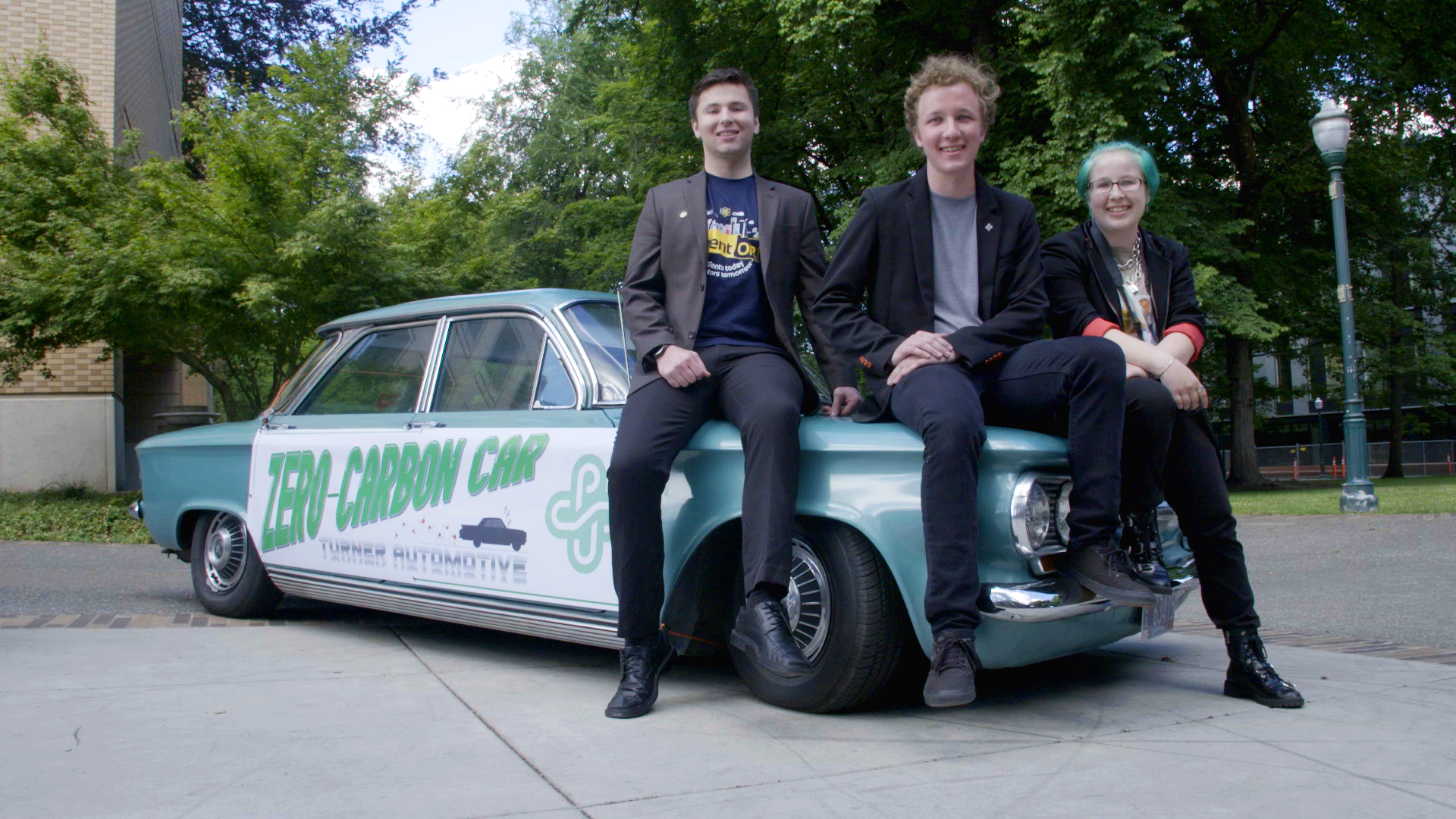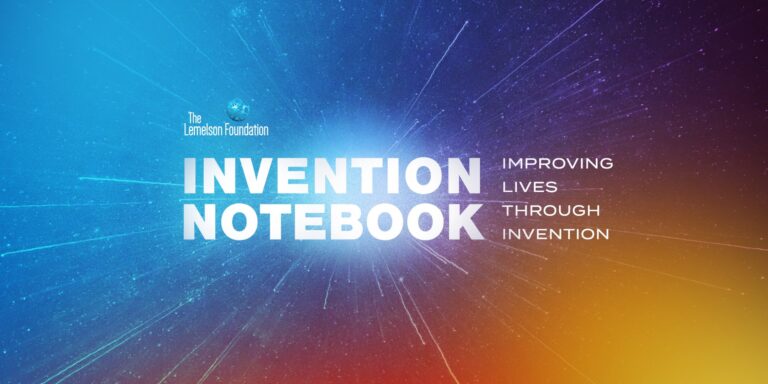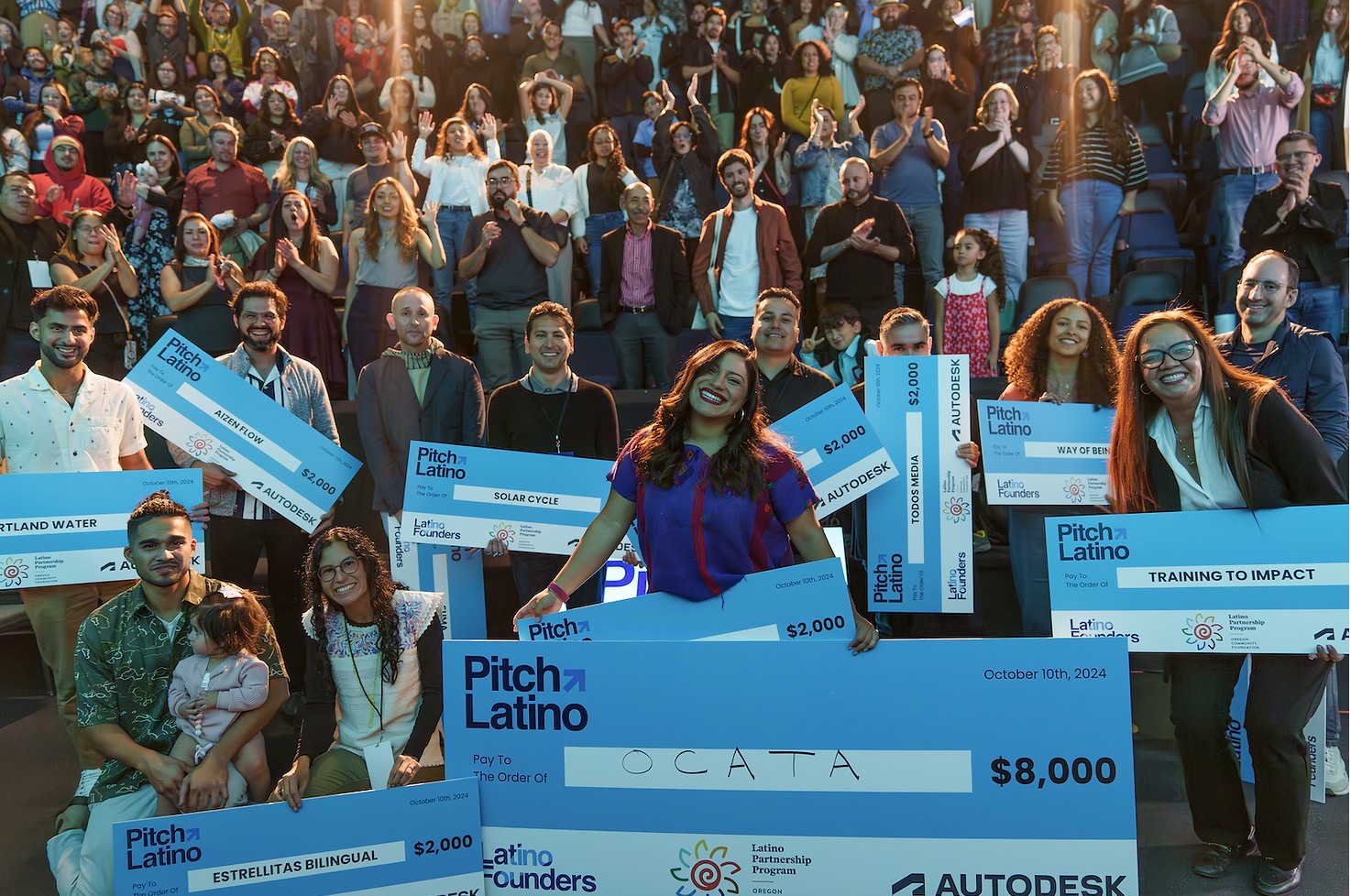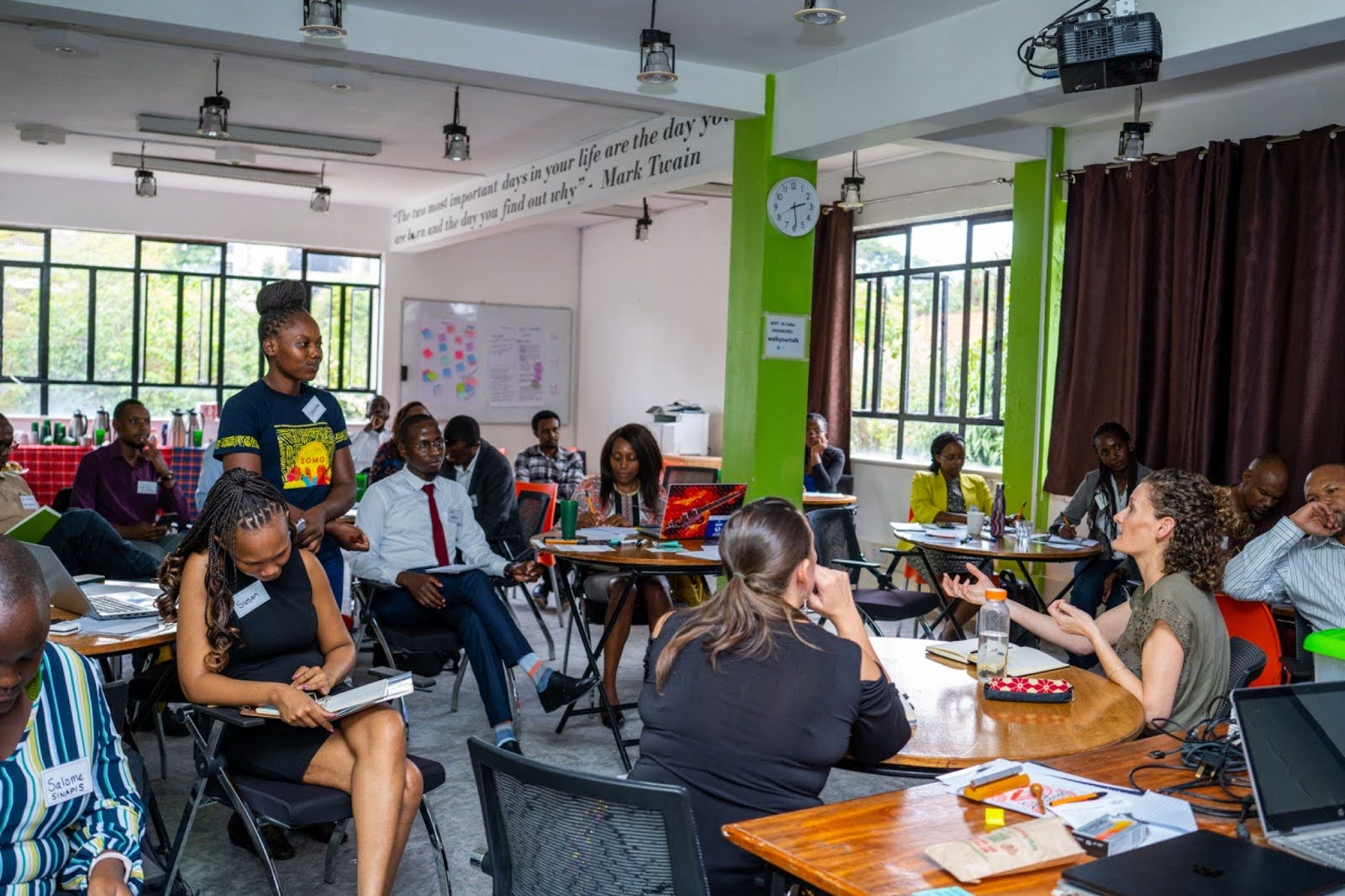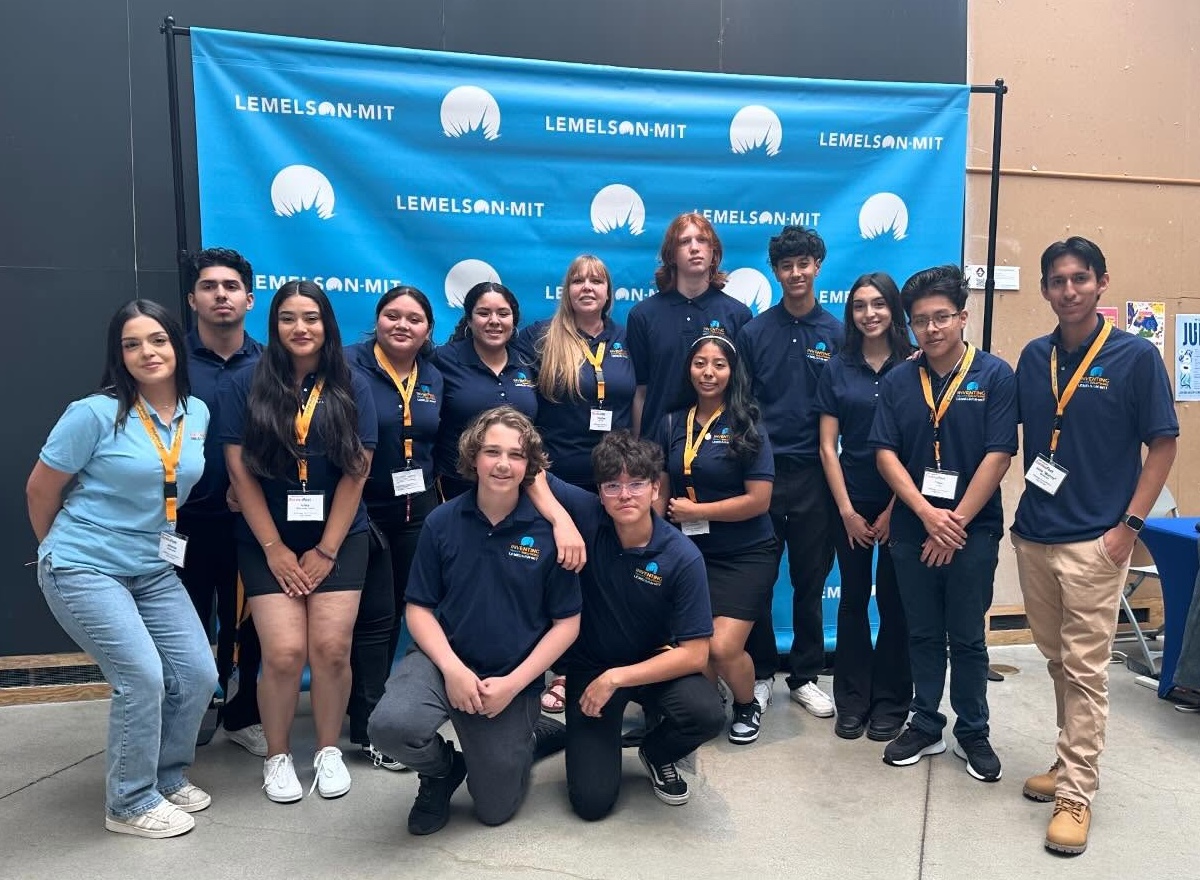Invention Roundup: Food Systems
min read
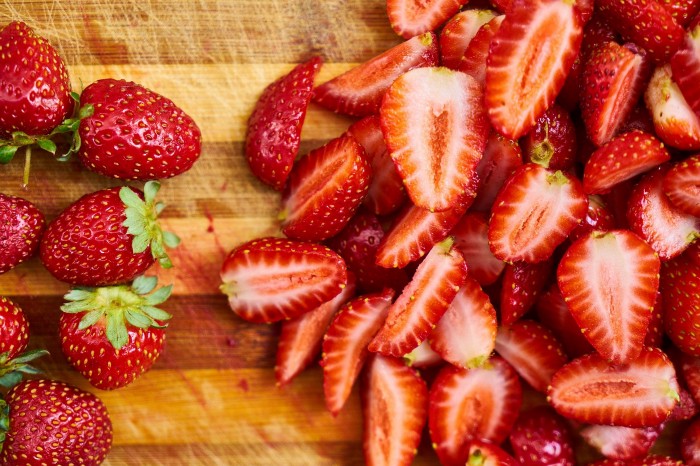
Three Invention-Based Companies Whose Ideas Could Lead to a Healthier Future
In honor of World Food Day, we’re spotlighting inventors whose work is rooted in rethinking food systems to benefit people and the planet.
Across the world, hunger is the leading cause of death. Unequal access to food and inefficient supply chains leave millions of people malnourished every year despite what often appears to be an abundance of resources.
The problem of food insecurity — the vast scope of which includes waste and unfair distribution — stems in large part from unsustainable agricultural practices, lagging technology and decreased crop diversity. By 2050, an estimated 60 percent increase in food production will be required to accommodate a global population that is on track to reach more than 9 billion.
To promote global awareness and action around hunger and the need to ensure healthy diets for all, the Food and Agriculture Organization of the United Nations (FAO) commemorates World Food Day on October 16. This year’s theme — Grow, Nourish, Sustain. Together. — emphasizes the importance of global solidarity amid the COVID-19 pandemic and the urgency of making the world’s food systems more resilient and robust.
As climate change and economic volatility continue apace, it is crucial that food systems be rethought so that they can deliver more affordable and sustainable diets for all populations.
Food scarcity is one challenge. Drought and flooding and other weather phenomena brought on by climate change affect farmers everywhere, while issues like COVID-19 disproportionately affect the health as well as the economic stability of poor and vulnerable communities.
Food waste is an equally pressing issue. Approximately 14 percent of food produced for human consumption is lost each year along the supply chain. And every metric ton of food waste generates about 1.9 metric tons of CO2 equivalents. Better, more effective technology is needed to close the gap in our food systems and cut down on waste.
Invention can be key to achieving these goals.
For World Food Day, The Lemelson Foundation is spotlighting three U.S.-based companies whose inventor-entrepreneurs are committed to solving these problems.
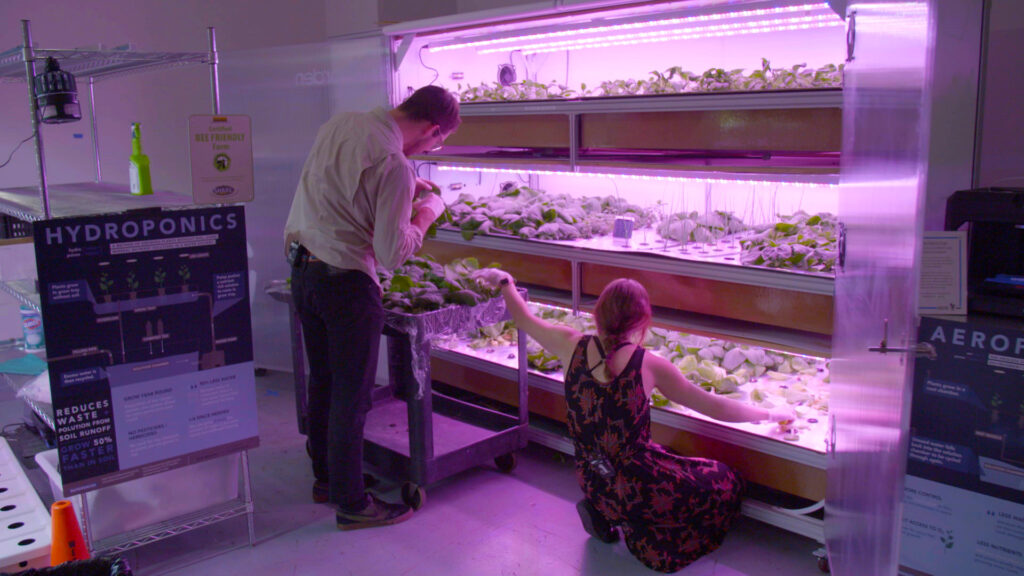
In Portland, Oregon, Skyler Pearson and Hugh Neri are forging a new path in the realm of vertical farming. Their company, Nexgarden, was born out of a desire to make vertical farming more affordable — and thus, more appealing — to more people. Their pioneering design is more energy efficient and supports a wider range of crops under one roof than standard vertical farms.
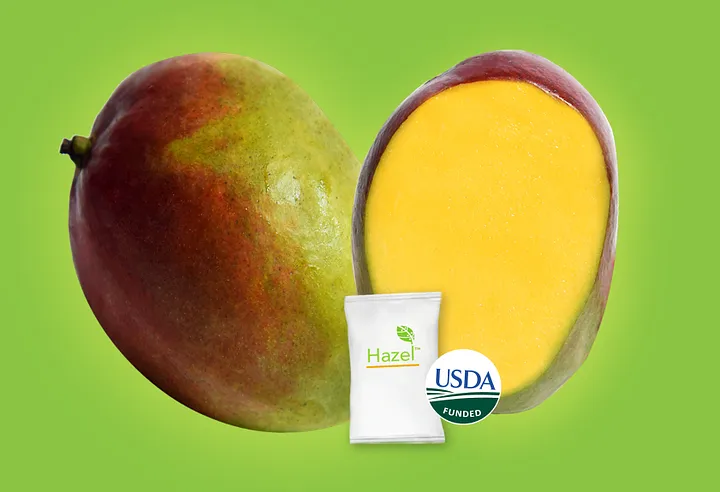
In Chicago, chemist Aidan Mouat is making food more accessible and affordable throughout the supply chain via a sustainable sachet that’s the size of a sugar packet. When tossed in a box of produce, the sachet — one of several sustainable products that Mouat markets through his company, Hazel Technologies — can safely prolong the shelf life of fruits and vegetables by up to two weeks.
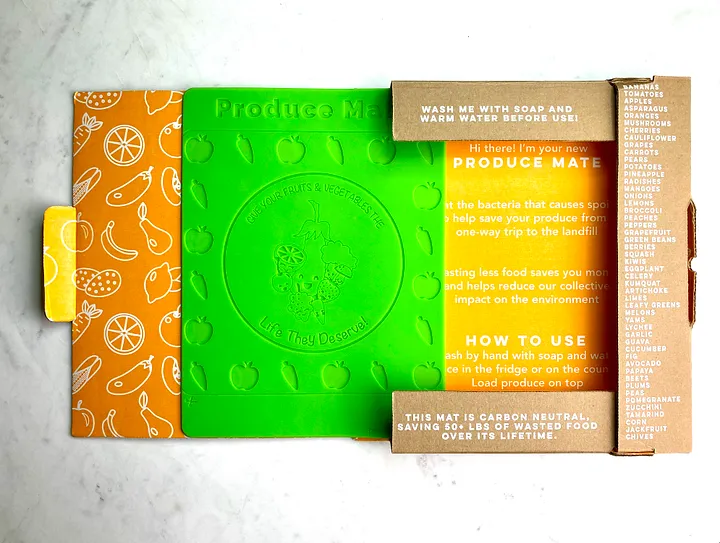
And back in Portland, Dagan Kay is also fighting food waste through an invention currently aimed at slowing spoilage at the individual consumer level. His product, Produce Mate, is an antimicrobial mat containing a mix of minerals that inhibit the growth of bacteria on food in the kitchen, but also has applications for preventing spoilage in large-scale food transport. Through his simple-yet-game-changing invention, Kay hopes to make a positive, collective impact on the world by saving five million pounds of food from landfills by the year 2025.
These three companies, driven by invention, are looking to revolutionize our farming and food systems in both large and small ways to ensure access to healthy and affordable food for all.

Important Disclaimer: The content on this page may include links to publicly available information from third-party organizations. In most cases, linked websites are not owned or controlled in any way by the Foundation, and the Foundation therefore has no involvement with the content on such sites. These sites may, however, contain additional information about the subject matter of this article. By clicking on any of the links contained herein, you agree to be directed to an external website, and you acknowledge and agree that the Foundation shall not be held responsible or accountable for any information contained on such site. Please note that the Foundation does not monitor any of the websites linked herein and does not review, endorse, or approve any information posted on any such sites.

